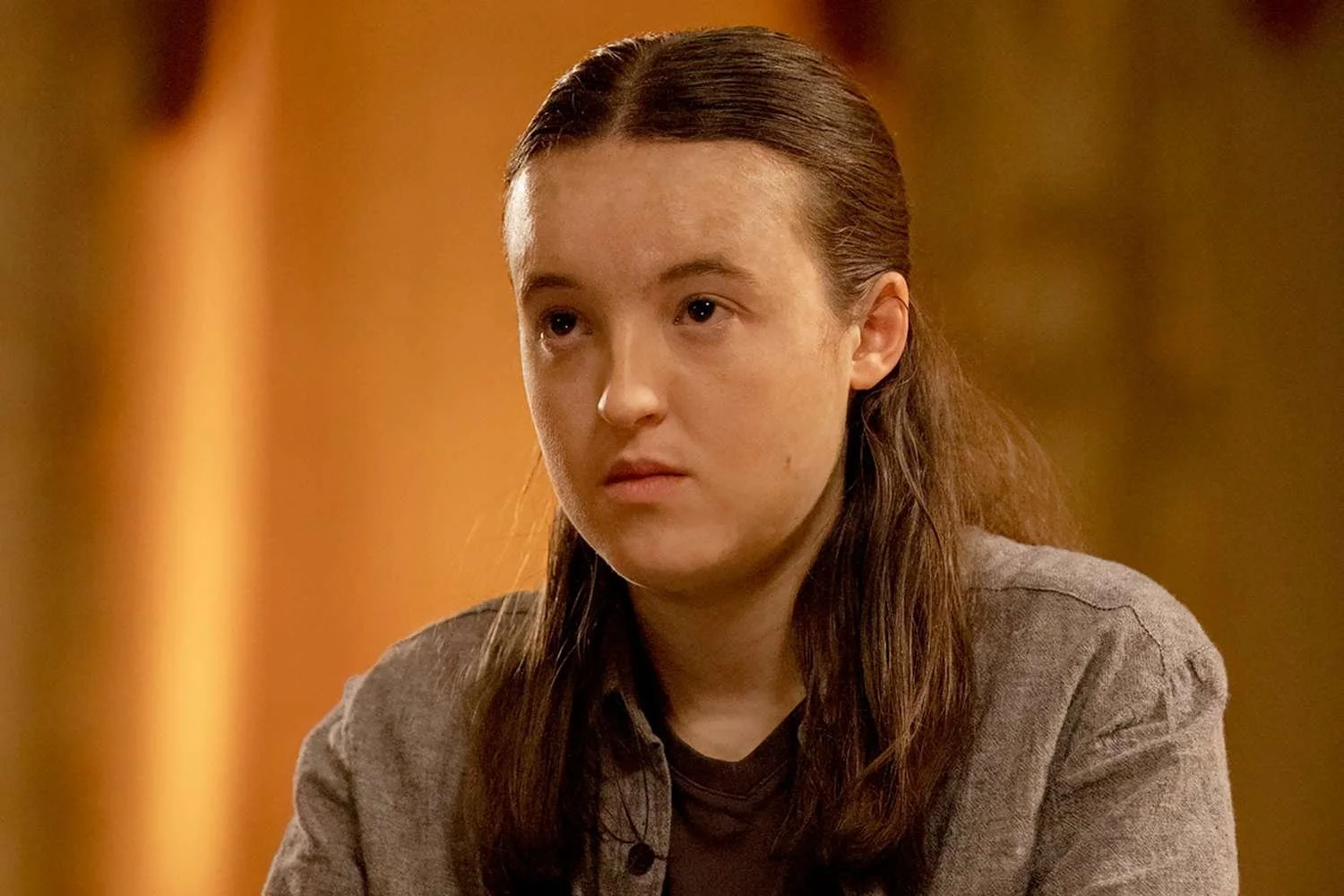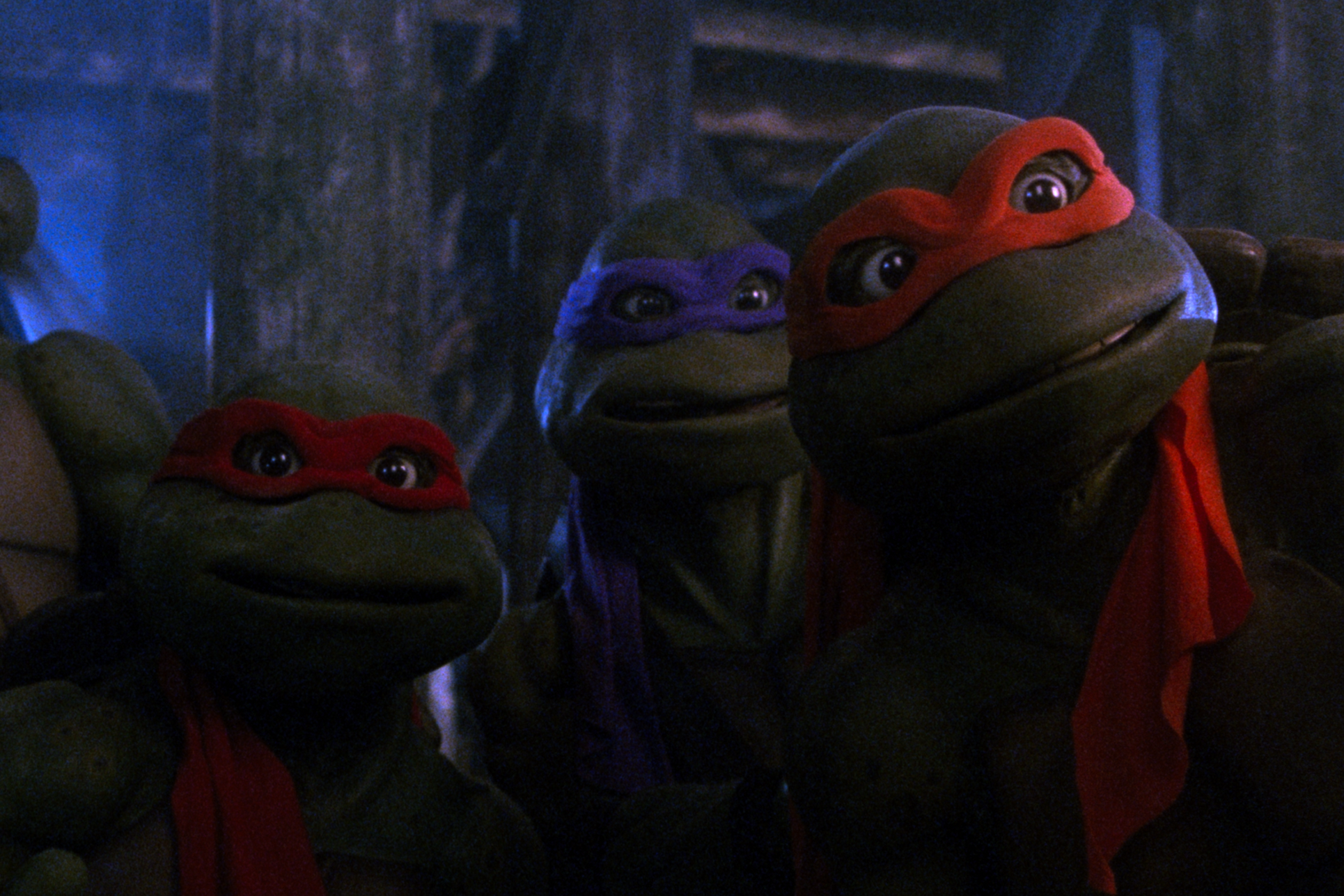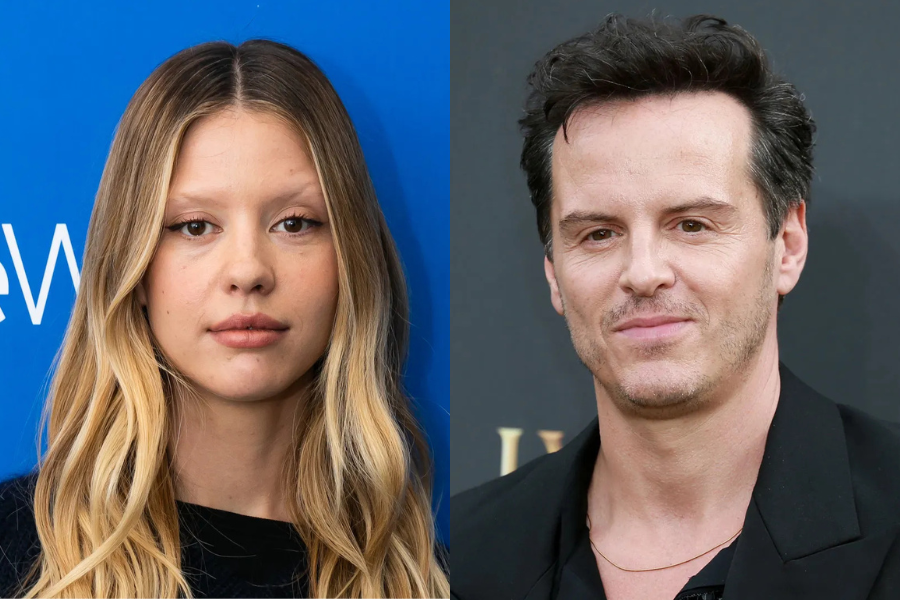‘The Last Of Us’ Season 2 Finale Viewership Down 30% From Premiere, Down 55% From Season 1 Finale
Courtesy of HBO.
‘The Last of Us’ wrapped up its second season this weekend, cutting things short at just seven episodes — two fewer than the nine-episode run of season 1. The finale arrived so unexpectedly that many viewers didn’t even realize it was the finale. Now, we have some early viewership data, and it’s not exactly encouraging.
The season 2 finale saw a 30% drop in viewership compared to the season premiere. Even more concerning, it was down 55% from the season 1 finale.
Courtesy of Liane Hentscher/HBO.
At face value, these numbers look bad. But before sounding the alarm, there are a couple of important caveats to consider:
Memorial Day Weekend: With many people traveling or otherwise occupied over the holiday weekend, a dip in same-day viewership was likely. Sunday night viewership was probably lower than usual with Monday being a day off for many.
Long-Term Viewing Patterns: Despite the finale’s numbers, ‘The Last of Us’ season 2 has actually been averaging higher viewership overall compared to season 1 — once delayed and long-tail views are factored in. Over time, this could help close the gap in those percentage drops, if not eliminate it entirely.
Still, these caveats don’t erase the larger trend. Compared to season 1, season 2 has struggled to maintain momentum. Where season 1 nearly doubled its viewership by the finale—gaining more viewers week after week (aside from a dip during Super Bowl weekend) — season 2 has not shown similar growth.
Season 1 featured three episodes that drew over a million live viewers. Season 2? None. That’s despite starting off strong, with nearly double the live viewership of the season 1 premiere. But after that initial spike, numbers dropped quickly — especially after episode 2, which was when Joel’s death actually occurred. From there, viewership remained relatively flat, without the week-to-week increases seen in the first season.
Courtesy of Liane Hentscher/HBO.
Even accounting for delayed viewing, it’s hard to deny that interest tapered off. Whether or not the final tally ends up being 30% lower than the premiere, the downward trend is hard to ignore. So what happened that caused this decline?
By the end of season 2, it's difficult to argue that the show maintained the same quality. That sentiment is shared not only among fans of the games but increasingly among general viewers. The buzz, energy, and emotional engagement that defined season 1 simply weren’t there. This season felt compressed — likely trying to cram what should’ve been 10 episodes into just seven. The structure seems torn between following the games and reshaping the story, leading to confusing decisions like skipping over key moments and ending on a cliffhanger that won’t be resolved for more than two years. And when the show returns, it’ll largely shift focus away from Joel and Ellie, moving into Abby’s point-of-view.
MORE NEWS











